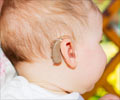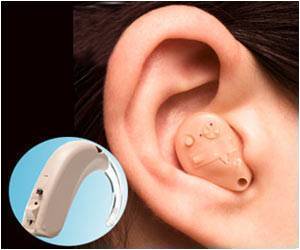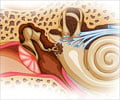The top 10 priorities includes research on the prevention, diagnosis and treatment, with the majority of treatment concerned with aspects of hearing aid provision.

‘Two out of three people over 75 years of age suffer from hearing loss. Most of the people with hearing loss wait an average of 7 years before seeking help.’





Co-author Dr Helen Henshaw, a University of Nottingham academic based at the National Institute for Health Research (NIHR) Nottingham Hearing Biomedical Research Unit, said, "Although hearing loss is not deadly, it can have a profound impact on people's ability to maintain relationships, lead a normal life and go out to work." "With such a huge proportion of the population affected by this condition, it is vital that hearing research funding is prioritized for the questions which are most important to them."
Despite being one of the six health priority areas for the NIHR, significantly less is spent on hearing research - just £47 per one lost year of healthy life compared to other priority conditions such as sight loss (£99) and diabetes (£399).
Currently, evidence which underpins clinical practice is typically provided by researchers in universities that are far-removed from frontline clinical services and which often does not take into account the views and experiences of key stakeholders.
The list of Top 10 hearing loss priorities were identified by an innovative partnership, the James Lind Alliance, which brings together patients, carers and clinicians to identify the unanswered questions about the effects of treatments that they agree are the most important.
Advertisement
The final top 10 includes questions about the prevention (or cure), diagnosis and treatment, with the majority of treatment questions concerned with aspects of hearing aid provision.
Advertisement
Source-Eurekalert















